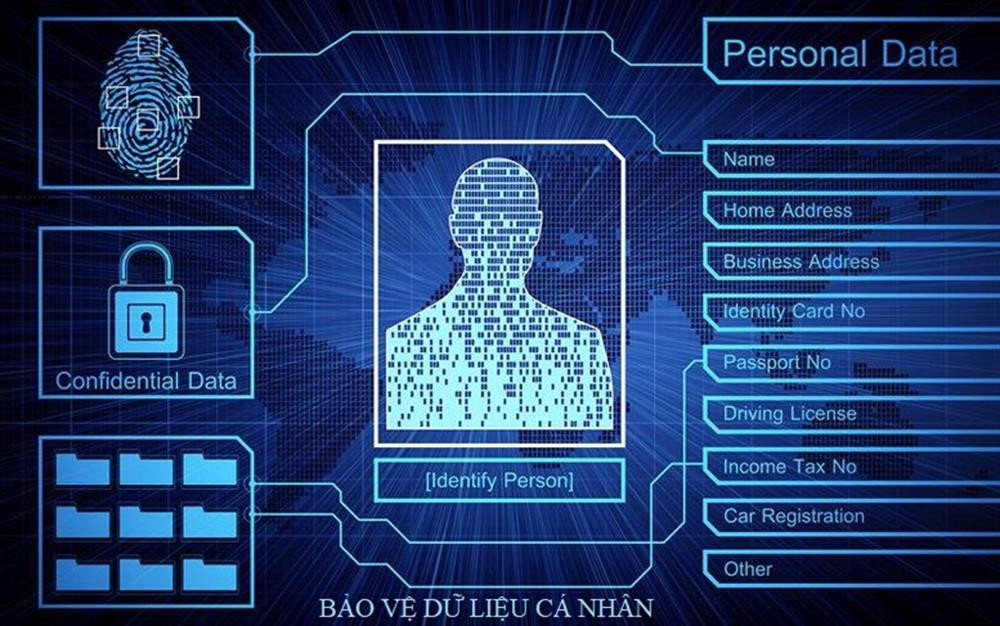
In recent times, scams involving various sophisticated scenarios have become increasingly common. While some individuals remain cautious and avoid falling for these traps, many others - lured by the scammers’ alarming level of accuracy in personal details - end up losing their money.
These victims often fail to realize that their personal data has likely been leaked and acquired by criminals, underscoring the need for extreme vigilance when receiving unexpected calls.
According to the Ministry of Public Security, the buying and selling of personal data in Vietnam is widespread and alarmingly public. This includes raw data such as customer information from power companies; telecom and internet providers; clients of banks, securities firms, insurance companies; household registration details; and even consumer profiles in real estate, supermarkets, or those who have purchased cars and motorbikes.
Even more concerning is the black market for processed data, where highly detailed information is traded -names, birthdates, citizen ID numbers, addresses, phone numbers, bank account details (including balances), relatives, job titles, and employment details.
The Ministry reports several high-profile data breaches:
VNG Corporation leaked over 163 million customer accounts.
Mobile World and Dien May Xanh exposed over 5 million email addresses and thousands of payment card details, including Visa and credit card information.
Vietnam Airlines’ system was hacked, exposing 411,000 frequent flyer accounts from its Lotusmiles program.
Taxi brokerage services in Vietnam were found using leaked customer data for unsolicited SMS marketing.
Root causes of the leaks
The Ministry of Public Security identifies both objective and subjective causes behind the rampant data breaches.
On the objective side, rapid technological development has created more sophisticated cyberattack methods. Coupled with system vulnerabilities and inadequate cyber defenses, personal data has become a high-value commodity, driving hackers and criminals to steal and trade it for profit.
Subjectively, there is still a widespread lack of awareness among citizens about data privacy. Many people are willing to exchange personal information for the convenience of digital services - often without understanding the risks.
With such rampant and unchecked trading of personal data, the lack of strong legal consequences or deterrents has allowed the issue to spiral.
To address this, the Ministry of Public Security has drafted the Law on Personal Data Protection, which is expected to be presented to the National Assembly during the 9th session of the 15th legislature.
The draft law includes 7 chapters and 68 articles, aiming to establish a comprehensive, modern, and internationally aligned legal framework for data protection in Vietnam.
The new law will comprehensively regulate personal data protection and define punishments for violations, forming a legal basis to enforce penalties.
Through its investigations, the Ministry has uncovered vast amounts of stolen data openly sold on platforms like BreachedForums, Telegram, and Facebook.
These sellers operate with high levels of anonymity, often use cryptocurrencies for transactions, and are difficult to trace.
T. Nhung